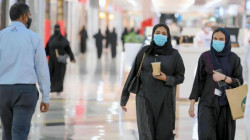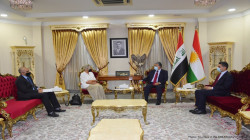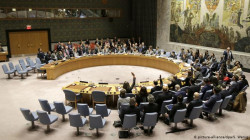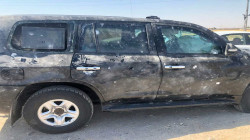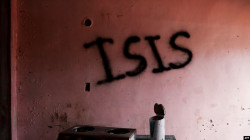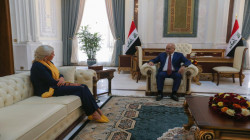Somalia in danger of losing hard-won gains, Security Council hears
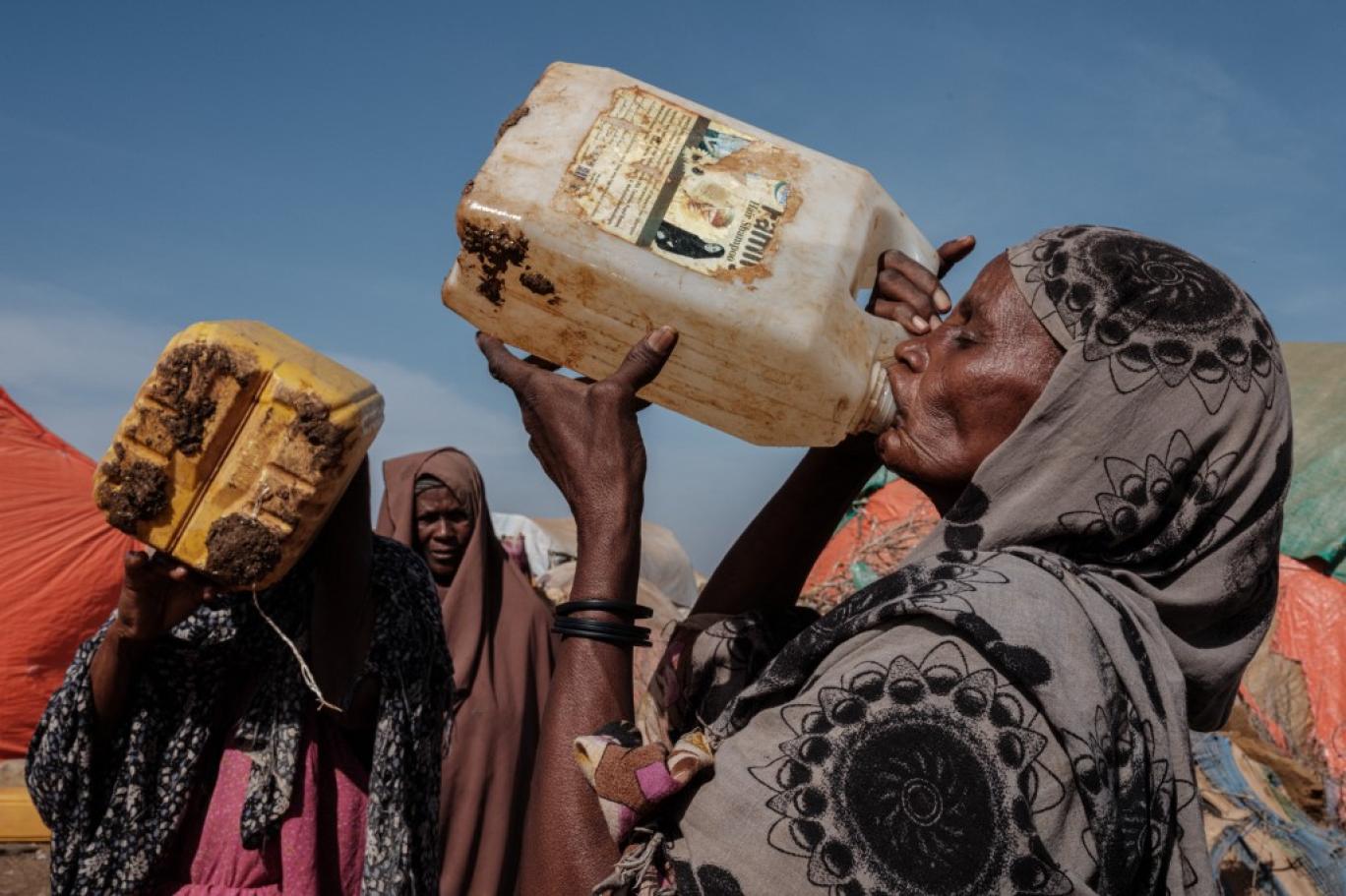
Shafaq News / Despite gains made in tackling terrorism and advancing the electoral process in Somalia, top UN officials warned the Security Council on Thursday that extra effort and funding are needed to address multiple threats, from climate shocks to spates of violence amid a looming food crisis.
“Whilst many challenges and risks lie ahead, there are also many opportunities, and I urge all international partners to lean in and provide additional support to the people,” said the UN Secretary-General’s Special Representative for Somalia Catriona Laing.
Regarding current security conditions, Ms. Laing, who also heads the UN Assistance Mission in Somalia (UNSOM), raised concerns about terrorist attacks as well as violence, including in Laascaanood, the capital of the Sool region, long disputed between “Somaliland” and Puntland.
Clashes there between “Somaliland” forces and local Dhulbahante clan militia continued at varying levels of intensity, causing significant casualties, destruction of infrastructure and displacement of civilians, according to the UN Secretary-General’s latest report on the situation.
To date, there have been 308 civilian casualties, with 36 people killed and 272 injured, she said.
Commending efforts by all parties and the Security Council to bring about a ceasefire, she pledged UNSOM’s support towards a peaceful way forward.
Reporting several positive political developments, she highlighted the Government’s “significant progress” in advancing key national priorities, including the electoral process, and its leadership in the fight against terrorism.
Efforts have dislodged the terrorist group from parts of the country “but, Al Shabaab remains a significant threat,” Ms. Laing cautioned, pointing to a resurgence of attacks, including the deadly incident at the Pearl Beach Hotel in early June.
“The first three months of 2023 also saw the highest number of improvised explosive device attacks since 2017,” she said.
Ongoing stabilization activities related to Al Shabaab will require support, she said, adding that UNSOM has stepped up its response in this regard.
“The challenge remains the sustainability of these gains,” she added.
Efforts to stabilize areas recovered from the terrorist group will require ongoing security, basic services, reconciliation, and long-term political and State-building processes, she said.
Outlining a three-phase transition plan, she said an overriding driver is in the security sector, which must be considered alongside plans for the possible drawdown of the UN Support Office in Somalia (UNSOS) and the eventual handover of UNSOM to the UN Country Team.
